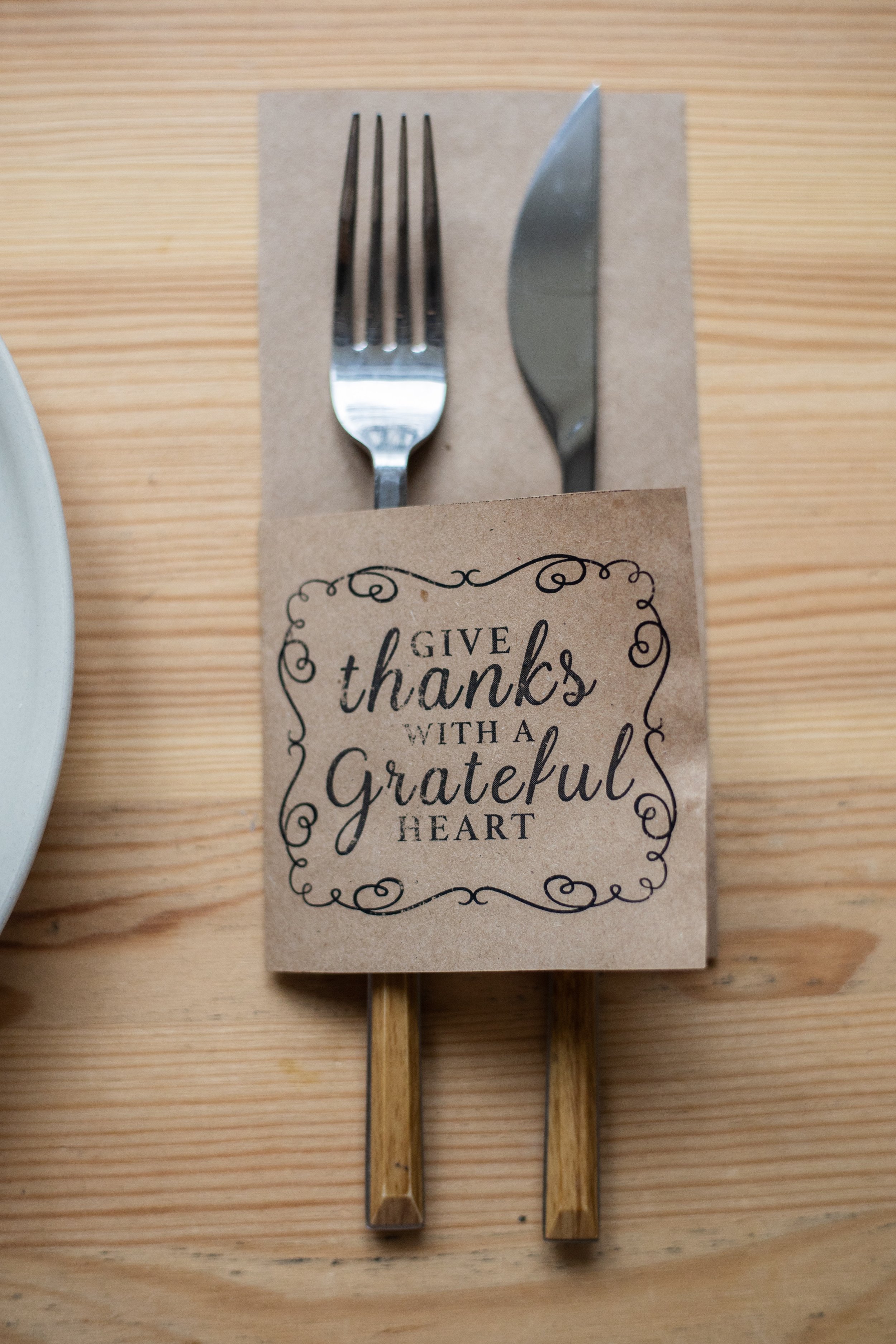Winterizing
In my neck of the woods we have to do some winterizing: drain out the garden hoses, turn off the outdoor spigots, bring inside or cover up any cement pots, pull down the storm windows, cover up the outdoor furniture, etc. Preparations and routine maintenance that help get us through the winter.
Much as we winterize our homes and gardens, I have been wondering if we should be winterizing our spirits? How do we prepare for the upcoming season and the changes that it will bring?
Sometimes I wonder if we even think about the season. On Sunday I heard the writer Katherine May speak to Krista Tippet on the program On Being. Ms. May was talking about winter, the need we have for it and about her book called, Winterizing. She explains that we humans seem to shy away from winter, unlike our animal friends who seem to embrace it.
It made me think about our animal friends. I guess they do “embrace” the winter months by their actions. Our animal friends make provisions for the time when resources are slack: either by storing up a supply or by hibernating and therefore “sleeping” through and not needing much, if any resources.
Humans seem to shy away from the season or if they do embrace it, it is mostly through grumbling and complaining. (Or maybe that is just me?) Yes, there are those who love winter but as a whole, we put a larger score on summer: vacationing, traveling, the closing of school, a more relaxed atmosphere in the office or in businesses ( unless you are a business in a resort town, but that is for another blog posting…)
Winter is usually a metaphor for the end of a cycle. In general no growth is seen during the winter. Yet, winter is an important and needed time for the earth to regenerate. Plants need the down time. It is a chance for the plants to store up energy in order to grow and bloom in the spring. Strong winters helps keep the pesky summer bugs at bay- a cold winter can keep the population of mosquitos in check.
It is a time to people to hunker down and renew. There are some theories that winter helps our health- cooler temperature helps our bodies through better sleep, reduction in allergies, lowering body inflammation, lowering risk of some diseases (those attributed to mosquitos), rejuvenating our skin (constricted blood vessels), and providing clearer thinking among other things.
As Ms. May went on with her explanation of winter, she shared her discussion with the former Chief Druid (I must admit, that I was very surprised that druidism is still an ongoing practice). As she points out, the idea of the seasons and embracing them seems to be better understood from our ancestors. While I was aware of the winter solstice and that some people still celebrate it, in the druid calendar, they celebrate more often than that:
“…what Philip Carr-Gomm [former Chief Druid] told me was that, in the pagan year, there is a ceremony or a ritual or something being marked, every six weeks across the year, and that that gives hope for anybody who is currently suffering because you are never far away from the next moment when you can get together and when you can celebrate.
But also, it gives you a sense of time passing, which is really helpful when you’re struggling because time can begin to drag, and you can get mired in hopelessness. But actually you get a kind of marker of your progress, so the next time that something comes up in the calendar, you can feel how far away you actually are from the last time you celebrated, and that that helps you to move through. And you can start to look towards the next one, and a pleasure in the next one, perhaps, as a way of dividing up those long months. And I thought that was very beautiful and very wise and very insightful.”
I think that we can glean something from this ancient idea of stopping every six weeks to reflect both on the past and to think about the future. I am thinking that this is a way to “winterize” and also to prepare for spring, summer and fall. In some ways, paradoxically stopping at set intervals to look backwards and forwards helps us realize that today is important. It is a place to pause and reevaluate what is important in our lives and to commit to making any changes in our lifestyle if necessary.
I like the idea of stopping at regular intervals to intentionally check in. To review how things are going and to commit to how things can be. Especially during the winter months when it can be a very long slog. What kind of winterizing could I do for myself? How can I prepare to embrace this time? Physically? Emotionally? Intellectually? Spiritually?
In the spirit of winterizing, I thought of some practices that we might want to incorporate as we go through this season:
Get enough sleep. The darkened days can make it easier to go to sleep but it takes discipline not to mindlessly watch television or stream a series too late into the night.
Eat healthy food. As easy (and comforting) as it is to fill up with carbohydrates in the winter months, maybe challenge yourself to try a different fruit or veg this winter. Or to make some winter soups.
Keep exercising. Weather permitting (follow the Norwegian advice: “Det finnes ikke dårlig vær, bare dårlig klær!”-There is no bad weather, only bad clothes). Go for a walk. Preferably outside.
“Hibernate”. Like our animal friends, while we are inside, is there anything that we can do? Plan our spring/summer garden? Redecorate a room? Finish those “forgotten” projects? Day dream? Catch up with friends and family?
Review. Think about what has happened over the past six weeks. Look at the passing as facts- no judgment over lost productivity or opportunity, rather just what has occurred. Pat yourself on the back for having gotten through the time: there is at least one thing for which you can be grateful.
Plan for something in the upcoming six weeks:
plan a “spa day”- sleep in, lounge around or if you are energetic- take an early morning walk
give yourself a “retreat”- read inspirational books, Bible, practice writing a poem, psalm, etc.
learn something new- explore a youtube channel, visit an art museum (most now have their collections online)
What about you? Do you “winterize” your home? Have you ever “winterized” yourself? If so, what do (what will) you do? What can you do to get through the winter months? Not to just endure the cooler months but to enjoy each and every day.
This year instead of dreading winter, I am going to try and embrace the winter months. I am going to winterize.























